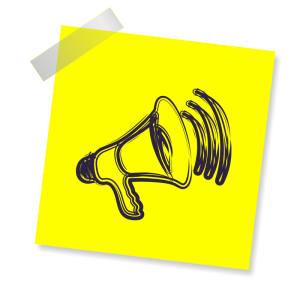Written by Tom Flaherty
Published on merzsafe.wordpress.com
-Today I would like to talk about a condition called Dysarthria. Stroke survivors often suffer from a condition called Aphasia but little is known about Dysarthria.
Aphasia is a complex language and communication disorder resulting from damage to the language centres of the brain. This damage may be caused by:
a stroke
a head injury
a brain tumour
another neurological illness.
Dysarthria happens when a stroke causes weakness of the muscles you use to speak. This may affect the muscles, as a result you have to move your tongue, lips or mouth when you speak.

Image: pixabay.com
I have dyspraxia and I find it difficult to pronounce my words, at times I have to repeat myself, which can result in people trying to correct me. If you have dysarthria, your voice may sound different and you may have difficulty speaking clearly.
You may also find your voice sounds slurred, strained, quiet or slow. Other people may find your voice hard to understand. If breath control is affected, you may need to speak in short bursts rather than in complete sentences.
Dysarthria does not affect your ability to find the words you want to say, unless you have other communication problems at the same time.
Here are three tips for managing Dysarthria:
- Be Patient- You are on a journey and your recovery will take time. Do not be discouraged because you WILL get better.
- Develop your confidence- The only way to get better at something is to practise, don’t be scared to speak in groups or with your family and friends. The more you speak the more confident you will get.
- Share your stories- Many people do not know about dysarthria, it’s important that you make people aware of your condition so that they can support you where possible, if you don’t tell them they will not know
If you would like more information about Dysarthria please click the link below:
Thank you,
Tom





